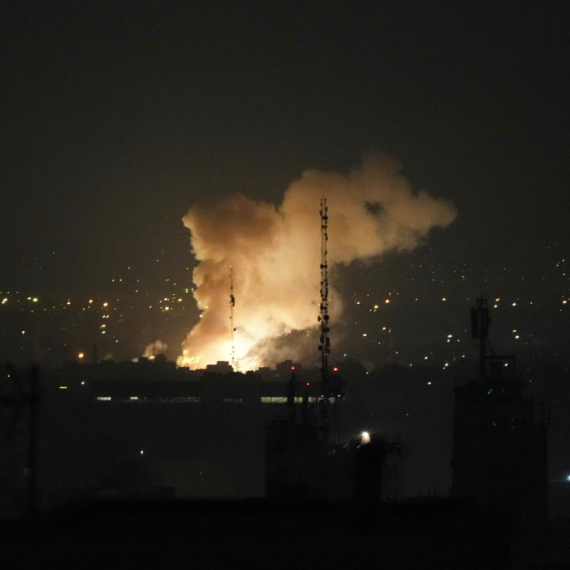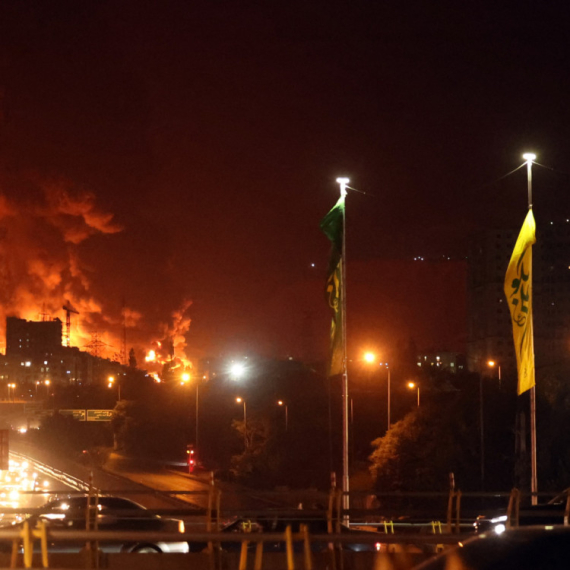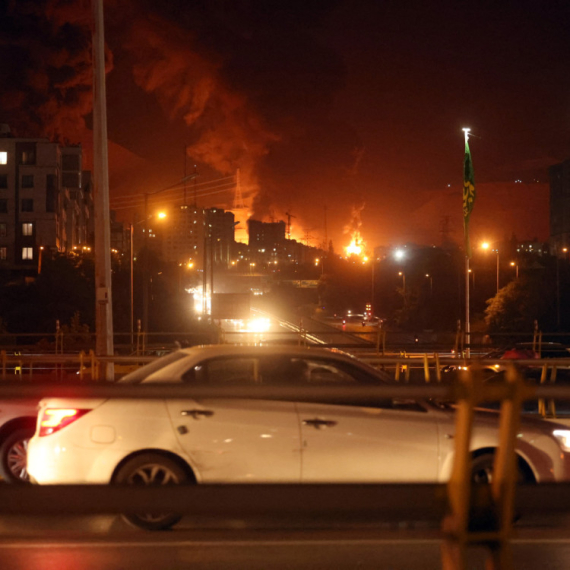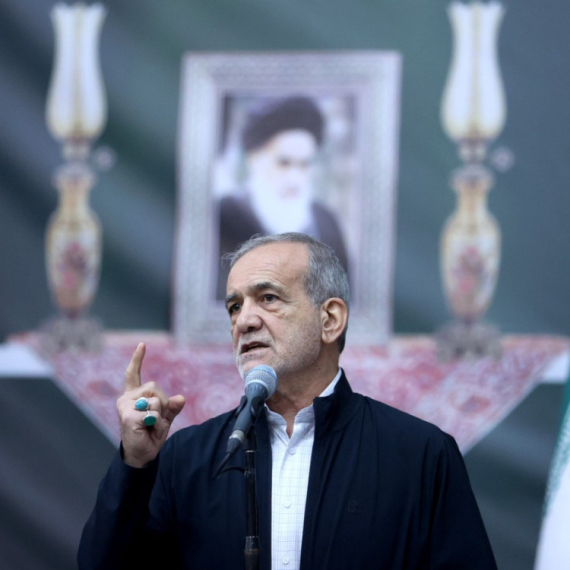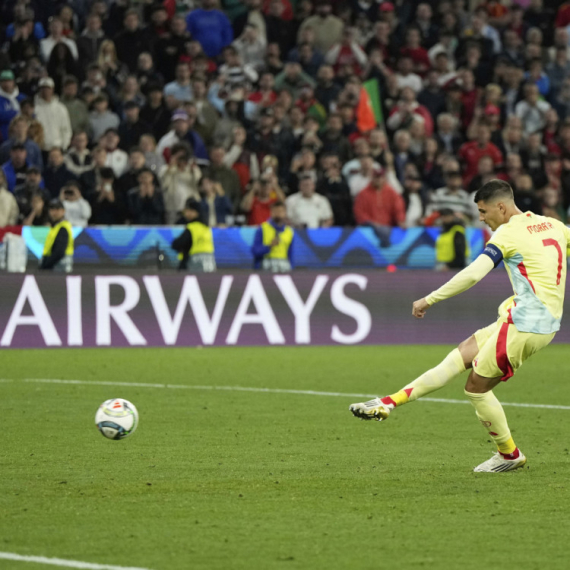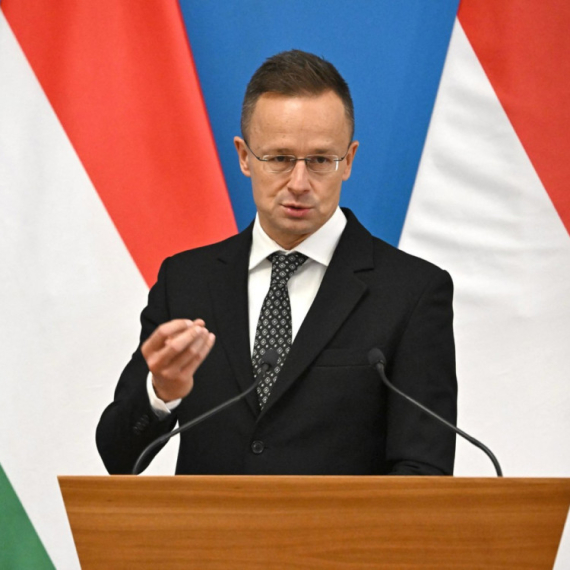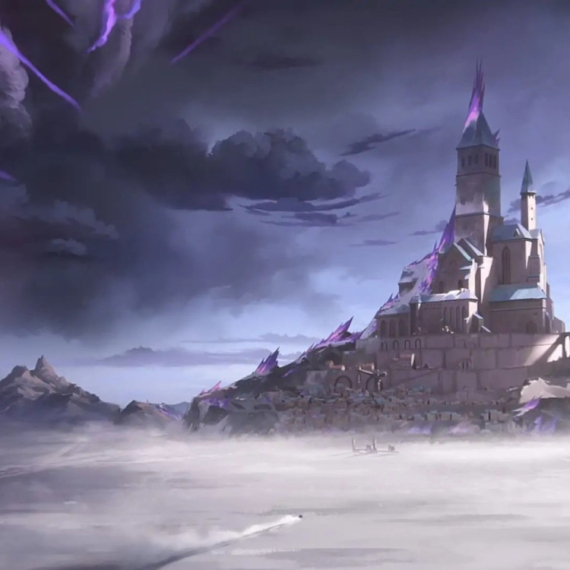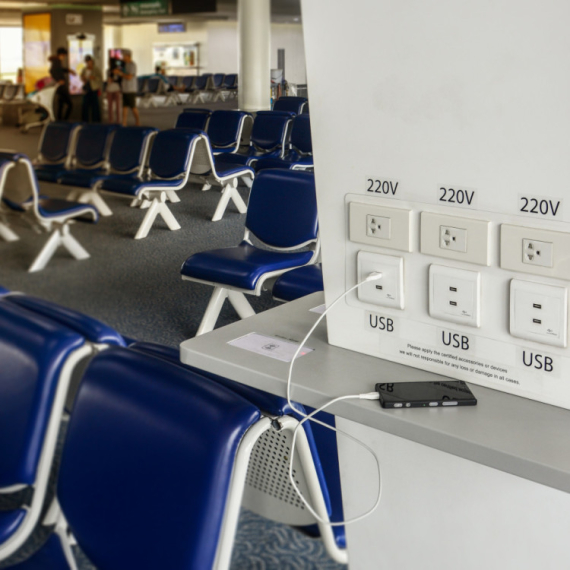The main topic of the report concerns the call by U.S. Secretary of State Marco Rubio urging China to intervene and prevent Iran from closing the Strait of Hormuz, one of the world’s most vital trade routes for crude oil. Iran has threatened to close the strait in response to U.S. airstrikes on its nuclear facilities, which would have serious repercussions for the global economy and oil markets. China, as Iran’s largest oil customer and close ally, is in a complex position. Analysts warn that closing the strait could lead to significant increases in oil prices, while U.S. officials view such a move as a potential act of war. The topic is reported from various angles, emphasizing geopolitical tensions, energy issues, and international diplomatic relations.
Political Perspectives:
Left: Left-leaning outlets tend to emphasize the geopolitical tensions and the risks of escalating military conflict in the Middle East, highlighting the humanitarian consequences and the need for diplomatic solutions. They often critique U.S. military interventions and stress the importance of multilateral diplomacy involving China and other global powers to prevent conflict escalation.
Center: Center-leaning sources focus on the strategic importance of the Strait of Hormuz for global energy supplies and the economic implications of any disruption. They provide balanced coverage of the positions of the U.S., Iran, and China, emphasizing the complexity of the situation and the potential global economic impact, while calling for cautious diplomacy.
Right: Right-leaning media emphasize the threat posed by Iran and support strong U.S. measures to counter Iranian aggression, including military readiness. They highlight Iran’s hostile actions and frame the U.S. call to China as a necessary step to maintain global security and protect energy supplies, often portraying Iran as a destabilizing force.










